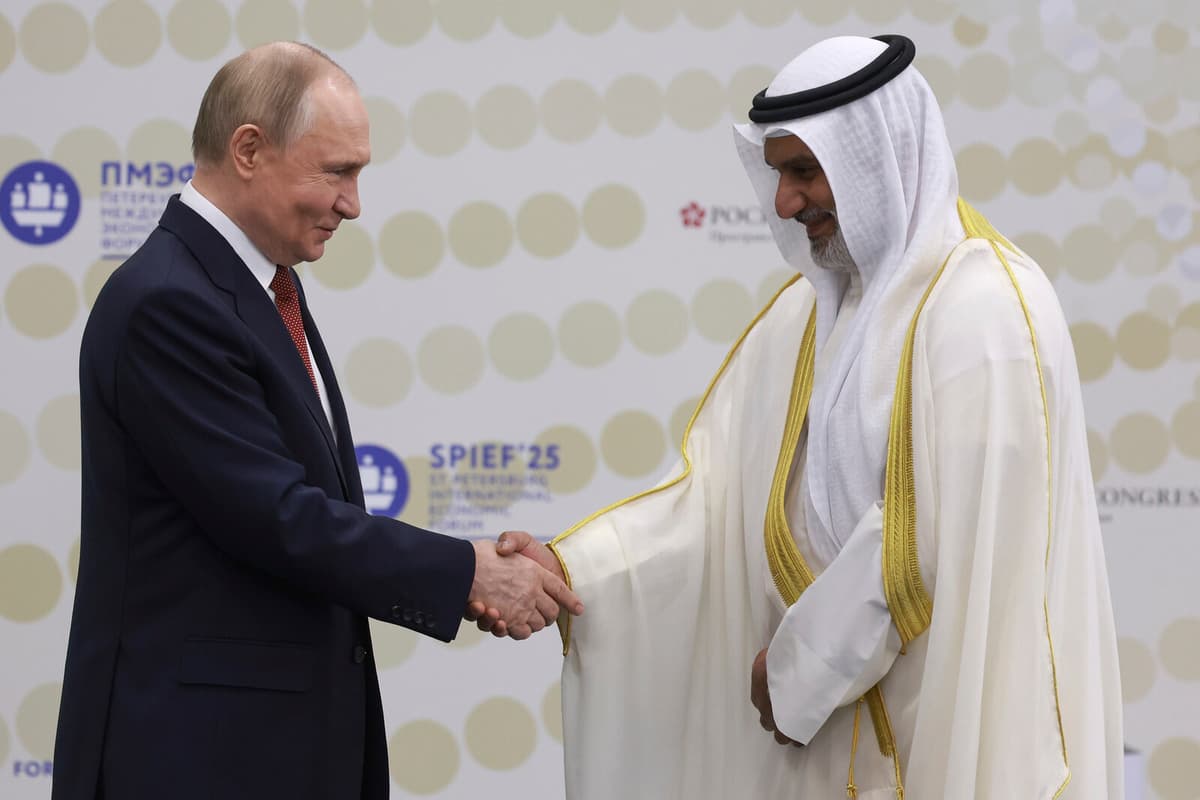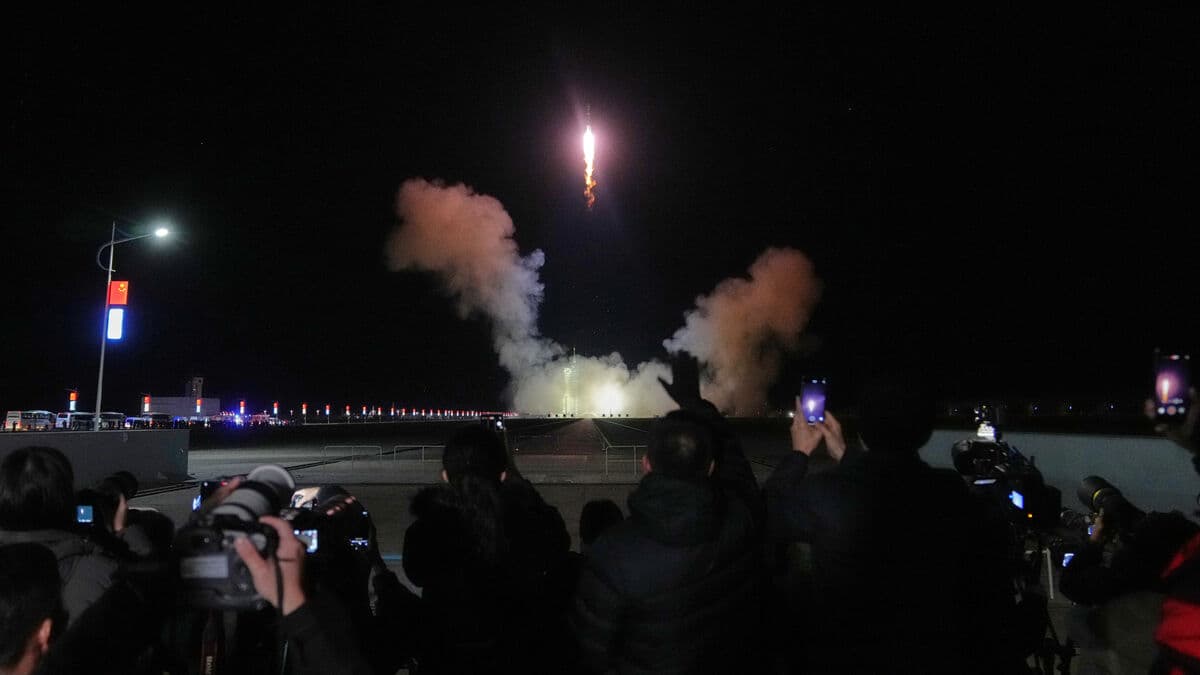The oil countries in what is usually called Opec-plus – with Saudi Arabia and Russia as dominant actors – are expected to make a decision on a production increase of 411,000 barrels per day from August at the weekend meeting, reports The Wall Street Journal. This would then be the fourth month in a row with such a large increase in production.
Negotiations in Oslo
The production increases increase the risk that the global oil market will be characterized by oversupply in a situation where demand around the world is dampened by trade policy uncertainty.
The oil market is also following the relationship between Iran and the USA with great interest, since Axios reported that negotiations between the countries will resume in Oslo next week.
The meeting follows Iran's Foreign Minister Abbas Araghchi saying that Iran's commitment to follow the non-proliferation agreement regarding nuclear weapons still applies. This despite Iran not allowing the International Atomic Energy Agency IAEA's inspectors into the country after the USA's bombings of nuclear energy facilities in Iran in June.
China rejects US oil
At the same time, Bloomberg reports that China continued to reject oil from the USA for the third month in a row in May. This risks creating profitability problems for the USA's oil industry.
The oil price has fallen by almost 12 percent to just over 68 dollars per barrel since a peak in connection with the US bombings almost two weeks ago.
The world market price of oil, in combination with the dollar exchange rate, are important parameters for how the prices of fossil fuels – such as petrol and diesel – develop in Sweden.






